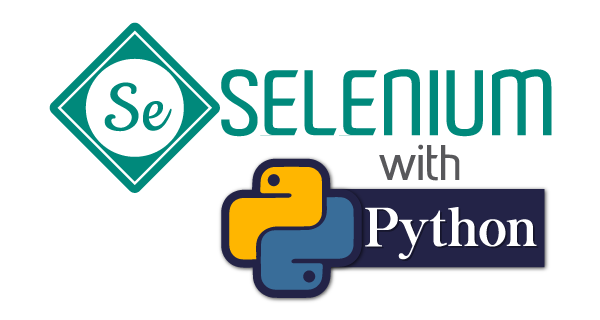Python is a versatile programming language that can be used for web development, machine learning, and complex data processing. Its simplicity and ease of use make it an ideal language for beginners. In this blog, we will discuss seven effective ways to learn Python for beginners.
Key Takeaways
- Code Daily: Consistency is the most important factor in learning to code. Even 15-20 minutes of daily practice can make a huge difference.
- Learn the Fundamentals: Don’t rush through the basics. A solid understanding of the fundamentals will make it easier to learn more advanced concepts later on.
- Build Projects: The best way to learn is by doing. Start with small projects and gradually work your way up to more complex ones.
- Don’t Be Afraid to Ask for Help: There is a large and supportive community of Python developers who are always willing to help beginners.
- Have Fun! Learning to code should be an enjoyable experience. Find projects that you are passionate about and have fun with it.
Table of Contents
- Key Takeaways
- Table of Contents
- Why Python is a Great Language for Beginners
- 10 Actionable Tips for Learning Python
- Resources for Learning Python
- Frequently Asked Questions (FAQ)
- Further Reading
- Conclusion
Why Python is a Great Language for Beginners
Python’s simplicity and readability are its biggest assets for new learners. It allows you to focus on programming concepts rather than getting bogged down by complex syntax. This means you can start building practical applications much faster, which is incredibly motivating.
10 Actionable Tips for Learning Python
1. Code Every Single Day
Consistency is the most important factor in learning to code. Dedicate at least 30-60 minutes daily to coding. This builds muscle memory and reinforces concepts.
2. Learn the Fundamentals First
Don’t rush through the basics. A solid understanding of the fundamentals will make it easier to learn more advanced concepts later on.
3. Write It Out
While typing code is essential, actively writing notes by hand can significantly boost retention. Before coding, sketch out your program’s logic, functions, and class structures on paper or a whiteboard.
4. Take Strategic Breaks
Learning to code can be intense. Your brain needs time to process new information. Avoid burnout by incorporating regular breaks into your study sessions.
5. Teach What You Learn
Teaching is one of the most effective ways to deepen your own understanding. When you explain a concept to someone else, you’re forced to organize your thoughts and identify gaps in your knowledge.
6. Pair Program
Pair programming involves two developers working together at one workstation on the same code. This collaborative approach offers immediate feedback and exposure to different problem-solving approaches.
7. Build Something, Anything
The real learning happens when you start building projects. Don’t wait until you feel like an expert; start with small, manageable projects and gradually increase complexity.
8. Contribute to Open Source
Once you have a grasp of Python fundamentals, consider contributing to open-source projects. This is an excellent way to gain real-world experience and build a portfolio.
9. Don’t Be Afraid to Ask for Help
There is a large and supportive community of Python developers who are always willing to help beginners. Don’t be afraid to ask for help when you get stuck.
10. Have Fun!
Learning to code should be an enjoyable experience. Find projects that you are passionate about and have fun with it.
Resources for Learning Python
- Online Courses: Coursera, edX, Udemy, Codecademy, freeCodeCamp
- Books: “Automate the Boring Stuff with Python,” “Python Crash Course,” “Learning Python”
- Communities: Stack Overflow, Reddit (r/learnpython, r/Python), local meetups
Frequently Asked Questions (FAQ)
Q: How long does it take to learn Python?
A: The time it takes to learn Python depends on your background and how much time you are willing to dedicate to learning. However, most people can learn the basics of Python in a few weeks or months.
Q: What are the best resources for learning Python?
A: There are a number of great resources for learning Python, including online courses, books, and communities. The best resources for you will depend on your learning style and preferences.
Q: What are some common mistakes that beginners make when learning Python?
A: Some common mistakes that beginners make when learning Python include not practicing enough, not asking for help, and giving up too easily.
Further Reading
- How to Install Python on Windows: The Complete Guide for 2025
- My First Python Selenium Script
- Python Resource Books and Recipe
Conclusion
Learning Python is a marathon, not a sprint. By consistently coding, actively engaging with the material, collaborating with others, and building projects, you’ll develop the skills and confidence to become a proficient Python programmer. Embrace the challenges, celebrate your progress, and most importantly, enjoy the process of creation!
What are you excited to build with Python? Share your goals in the comments below!
Enjoy !!! See Yaaa, Next.


